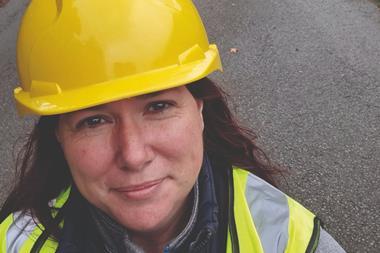In these dark, extraordinary times, we must all ask ourselves: what have we learned? And how can we adapt for the future, to ensure we are never again faced with a threat that can shut down the world economy and put our most fragile in harm’s way?

Care homes across the country have been severely affected by the pandemic, with the lack of preparation for such an outbreak proving catastrophic.
Without the availability of sufficient testing, carers have become carriers either between patients or from their homes via their children who attend schools, while asymptomatic carriers present a significant challenge. It remains to be seen if waiting longer than our European counterparts to enter lockdown was the right move. At the time of writing, it feels as though more lives could have been saved.
Retirement villages offering independent living, where care is on hand if needed rather than 24-7, reduce human touchpoints so the risk of spreading the disease is lower. In addition, operators play an important role in ensuring that seniors are not isolated, even when lockdown may be a requirement.
The village can lockdown its own safe environment, where the benefit of flexible support is heightened. Essential services can be offered while following HSE guidelines. When residents can’t go out or shop online, some operators are considering a wholesale approach to providing food and consumables.
Investment in health and safety equipment will need to become a central requirement
This emphasises the importance of the owner operator model, where the operator has a vested interest in the health and happiness of the community via a long-term equity holding in the development.
Community-based information will be required to help shield residents from future risks. Singapore has rolled out a mobile app with anonymous sharing of infection and symptom information via Bluetooth and GPS technology. Such initiatives can and must be implemented across our retirement communities and care homes.
A collective senior living public affairs strategy is also more important than ever. We must lobby for testing to be made available to residents and their families, while investment in health and safety equipment will need to become central to operating requirements.
At a policy level, it is time for the government to replace the landlord and tenant act with a more supportive retirement communities act. At a design level, architects must rethink communal spaces in a medical and social capacity – can shared waiting rooms offer a safe environment?
National Property Trade and our partners are exploring Covid-19-proof home sale and move services that allow sellers to avoid the risk of contagion. This allows home sales without viewings or inspections and the move can take place over a number of days post-completion. This is convenient and easy while avoiding the open market to minimise unnecessary human touchpoints, all executed in a HSE-compliant manner.
With sector staff working harder than ever, it is imperative that we all communicate and share which practices have worked – an open source forum for roll out across the sector, playing a vital role in the health, happiness and wellbeing of our senior communities.
We must ensure families who have suffered have not done so in vain. We must come together to ensure our sector’s long-term survival. Our future selves will thank us for it.
Cormac Henderson is chief executive of National Property Trade
































No comments yet